Nigeria is rightly taking its place on the world stage. But its health has been neglected. Prof Iruka Okeke and Dr Ṣẹ̀yẹ Abímbọ́lá lay out a positive, achievable vision for a healthy future. Read the Lancet Nigeria Commission: investing in health and the future of the nation: https://www.thelancet.com/commissions…
Nigeria is projected to become one of the most populous countries in the world, and is rightly taking its place on the world stage. The Lancet Nigeria Commission tells the story of the country through a health lens, and details recommendations that will enable the country and its people to fulfil their potential, and seize the opportunity ahead. It has been led by Nigerians for Nigerians. The Commissioners call for the creation of a new social contract that redefines the relationship between citizen and state. They argue that health has, to date, been neglected by successive governments and consequently the citizens of Nigeria, and must be recentred as a vital investment in the population – one that will reap political and economic benefits. Nigeria is poised to define the future of West Africa, the African continent, and the whole world. This Commission lays out how best to realise that ambition.

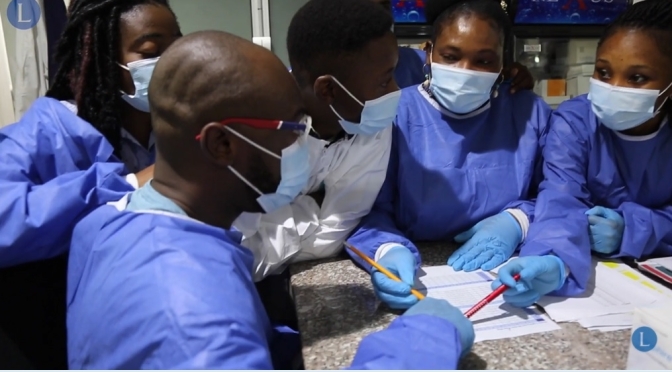
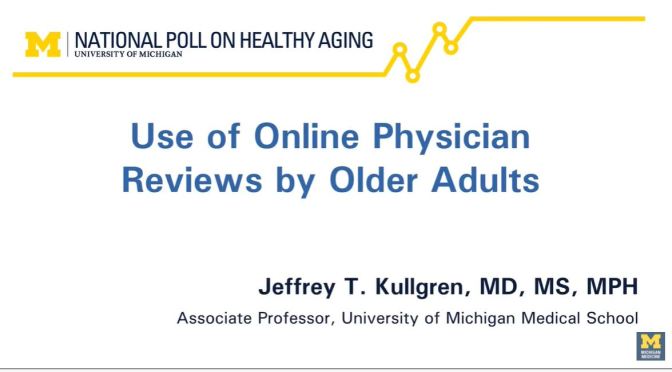
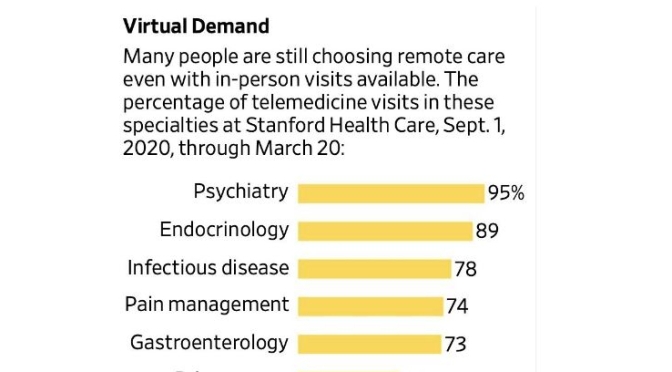






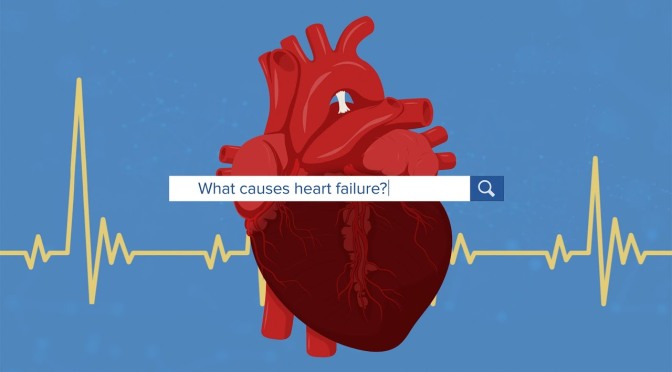
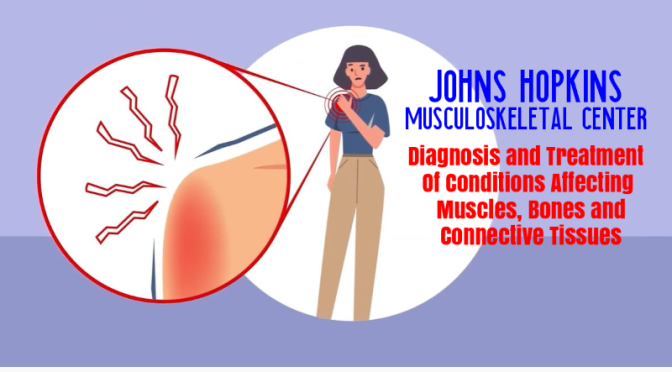

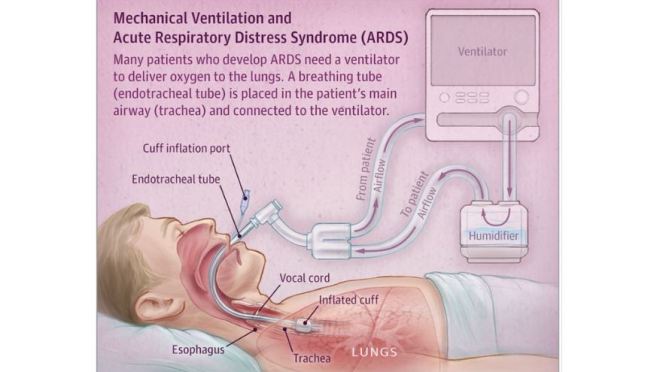
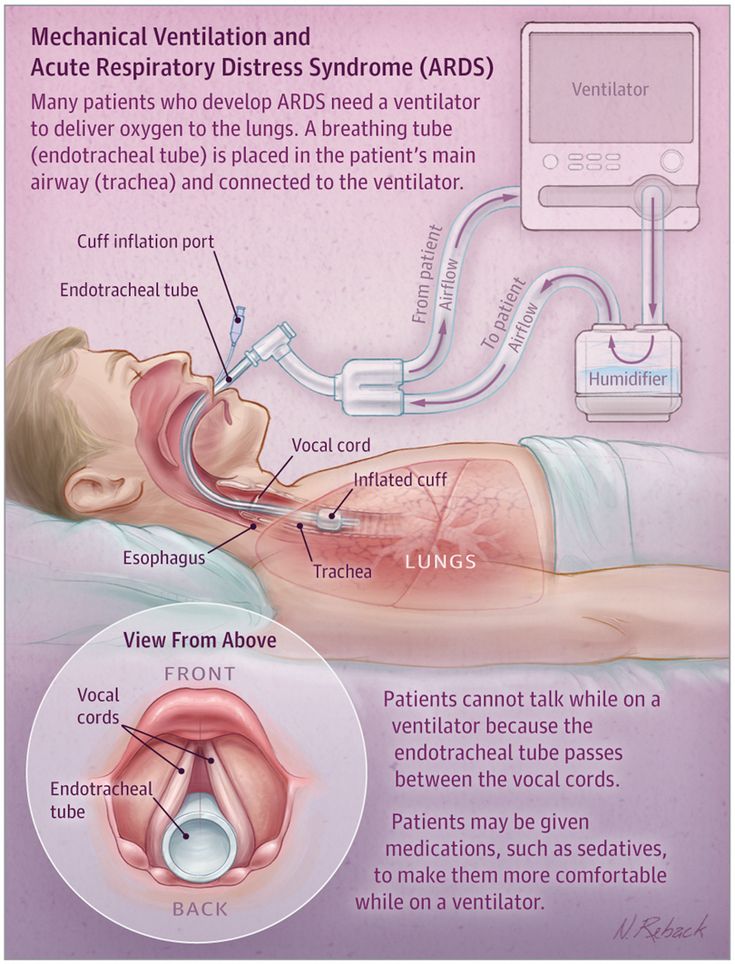
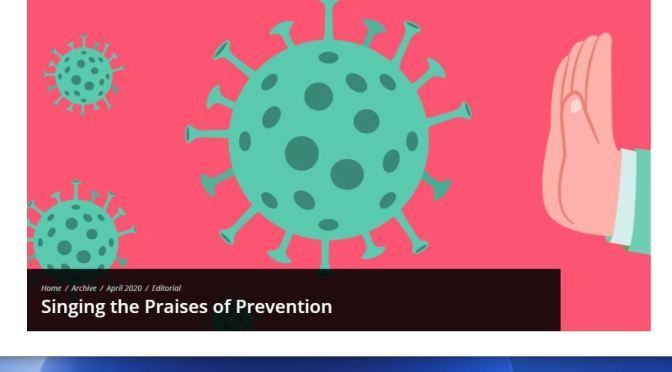
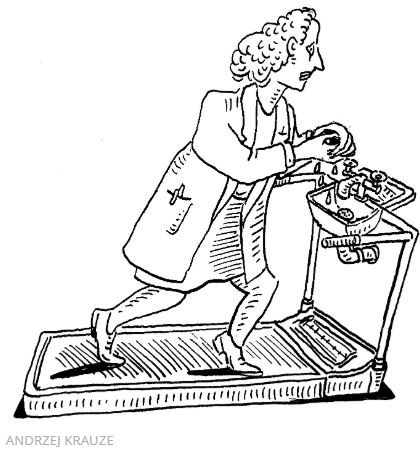 otherwise, long before this latest global pandemic. Cancer, the focus of this issue, is ubiquitous, and one would be hard pressed to find a person anywhere on Earth whose life wasn’t in some way touched by the complex and vexing malady.
otherwise, long before this latest global pandemic. Cancer, the focus of this issue, is ubiquitous, and one would be hard pressed to find a person anywhere on Earth whose life wasn’t in some way touched by the complex and vexing malady. 
 Though U.S. legislation targeting the problem of surprise medical bills advanced out of key congressional committees in 2019 with support from leaders in both parties, Congress ultimately failed to pass a law to end such bills.
Though U.S. legislation targeting the problem of surprise medical bills advanced out of key congressional committees in 2019 with support from leaders in both parties, Congress ultimately failed to pass a law to end such bills.